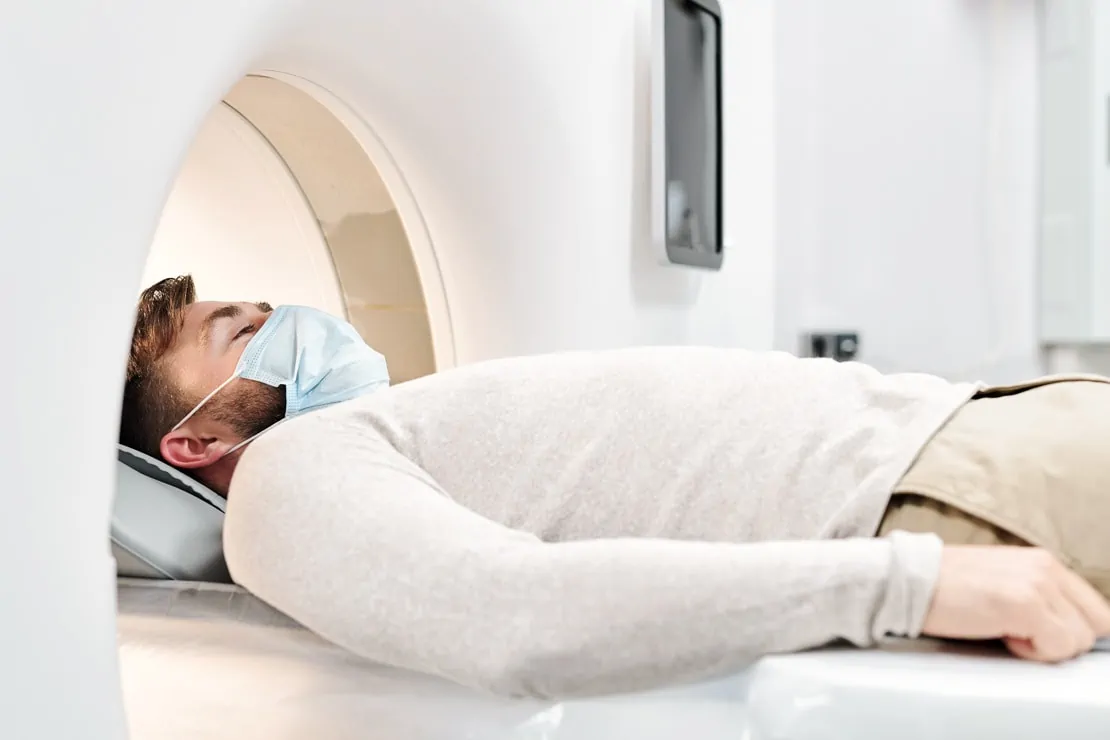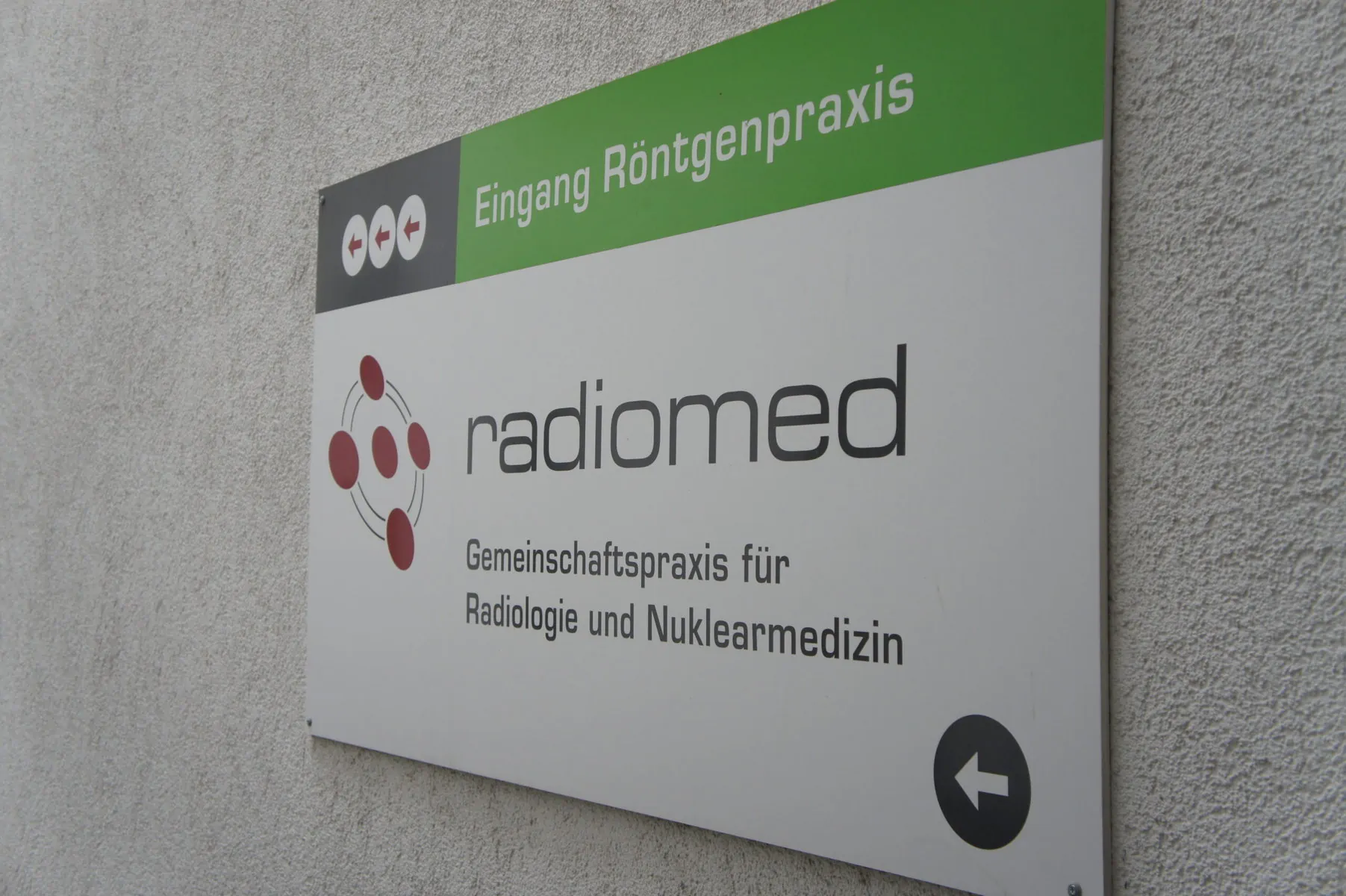Cases
Inter-site reporting in radiological group practice
In the Wiesbaden-based radiomed group practice for radiology and nuclear medicine, images and findings can be retrieved across all locations in all branches. For optimal storage utilization, the practice chain relies on a special compression process.

The customer: Expert in radiology and nuclear medicine
With ten locations in eight cities, radiomed is one of the largest diagnostic service providers in Hesse. Nearly 100,000 patients visit one of the branches or clinics of the radiology network each year. Regardless of which location the patient chooses, the doctors at each location are able to access preliminary images and findings within a few seconds in the practice network.
The challenge: Archive technically independent at plannable costs
Until now, archiving has taken place at the respective locations. However, against the background of the many locations, it was important for radiomed to find a long-term solution for the long-term archiving of image data and findings that could be planned economically and was technically independent. In addition, those responsible at the group practice were looking for an archive solution as a service instead of an investment solution.
"Since we would like to have all of our patients' images available online, we decided to compress images that are older than four years. When accessing a pre-image, the quality and loading time must not change. When I decompress a compressed image again, I expect everything to run smoothly."
Matthias Troglauer, M.D., co-founder of radiomed Wiesbaden
The solution: Compressed image archiving for more efficiency
radiomed decided to use the long-term archive from Telepaxx Medical Data because of its vendor neutrality - but with a special feature: The IT solution of the practice group uses the so-called ExPost compression method.
This enables radiologists to compress the images with a specified lossy quality factor. The "Lossy Jpeg process" creates space in the RAID (Redundant Array of Independent Disks) at low cost and ensures efficient storage utilization. At the same time, the transmission of compressed images requires significantly fewer network resources.
Immediate diagnostics continue to be performed using the original data set in original quality. If this is needed again, Telepaxx technology ensures that the lossless original data set can be reloaded from the long-term archive at any time.

Since the introduction of the Telepaxx long-term archive, there has been an images-on-demand server at each site, which sends the daily updated images to the head office in a defined time window. As soon as the sites have transferred their studies, the image transfer of all images from the head office to the long-term archive starts.
In the event that a site fails, the router automatically selects an alternate dispatch path via another site to the central office. Fallback mechanisms also exist in the central office. A firewall cluster separates radiomed's intranet with its sensitive data from the Internet, thus protecting all locations from possible unauthorized access.
In addition to the long-term archive, the radiomed group practice also uses the Telepaxx sharing module to share images and findings quickly and easily with patients and referrers.
Learn more about the solutions from Telepaxx Medical Data
We will be happy to advise you by video call or phone.